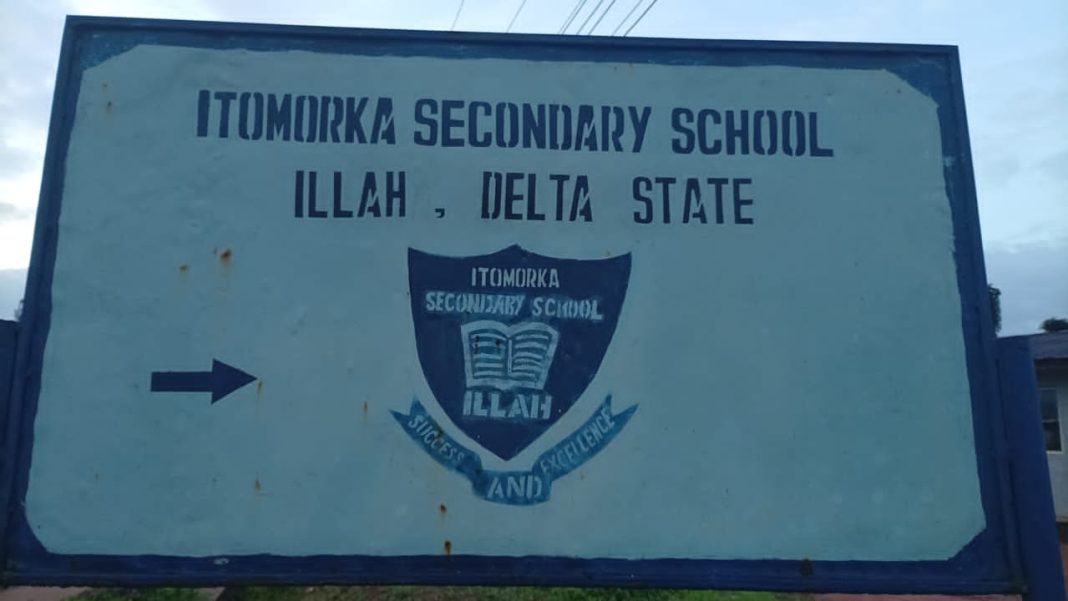By Anne Azuka
The Delta State Government says it will investigate why Itomorka Secondary School, Illah, has been denied accreditation as a West African Examination Council (WAEC) centre for 12 years.
The Commissioner for Works (Rural Roads) and Public Information, Mr. Charles Aniagwu, disclosed this during a press conference in Asaba.
Aniagwu explained that the state government had embarked on needs assessments of schools across Delta to determine areas requiring intervention, including infrastructure, furniture, and teaching staff.
“On the issue raised with respect to Itomorka Secondary School, Illah, I will find out what the issues are to know if there is something we need to do. But I do not think any government secondary school will stop halfway; it is usually private schools that face such challenges,” he said.
He, however, stressed that any school in the state, whether public or private, that failed to meet set standards would not be allowed to operate.
“We are determined as a government that any school that is not worth the salt, even if it has been registered, but fails to deliver quality education, will not be allowed to continue,” Aniagwu stated.
Earlier, the Global Peace Development (GPD), a civil society organization, urged the state government to facilitate accreditation for Itomorka Secondary School.
The group’s Executive Director, Mr. Ebruke Esike, who spoke during a training programme for journalists in Asaba, said he was part of a team that visited the school to assess its facilities.
He lamented that for over a decade, the school had been denied WAEC accreditation, reportedly due to lack of a perimeter fence, which WAEC considered a security requirement.
“The implication is simple—no parent would willingly register their child in a school where they cannot sit for WAEC or NECO exams. It is also a waste of government resources to post teachers to such a school, only for students to move elsewhere to write their exams,” Esike said.
He called on the government to provide the necessary support to ensure the school gets accreditation.
A teacher in the school, who spoke on condition of anonymity, confirmed that the community, through the Illah Development Union of Nigeria (IDUN), had intervened to upgrade the facilities.
According to him, the classrooms, laboratories, and ICT block have been renovated, while a computer lab with over 80 functional computers is ready to support Computer-Based Tests (CBT).
“Our fear is that if accreditation is not secured, parents may withdraw their children. After training these students, they end up writing their final examinations in other schools, giving credit to those schools instead. This is disheartening, and we appeal for government intervention,” the teacher said.





